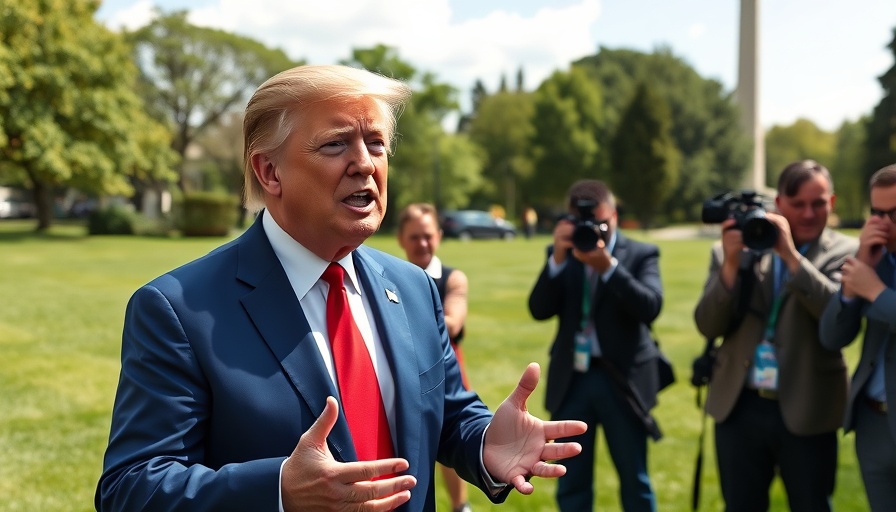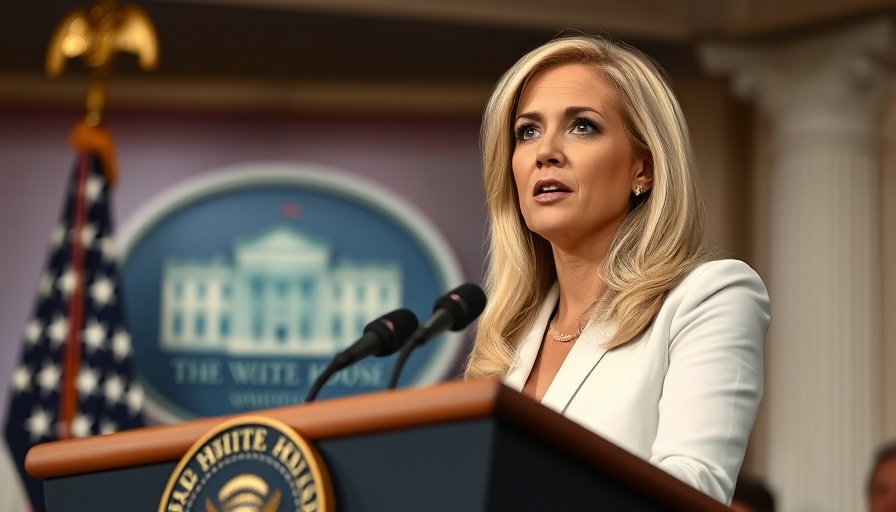
Understanding Trump's Shift in Foreign Policy
As President Trump's second term begins, his foreign policy has drastically shifted, particularly concerning NATO and Europe. His administration has taken an increasingly distant approach toward established allies, raising questions about the implications for U.S. policies in the Asia-Pacific region. Experts like David Roche warn that as trust erodes, the foundations of alliances become shaky, posing risks especially for countries like Taiwan, which could face greater Chinese military threats.
Implications for Asia-Pacific Allies
The pivot away from Europe does not suggest that Asian allies will gain greater importance in the eyes of U.S. leadership. Adam Garfinkle, a prominent foreign policy analyst, notes that U.S. bases in Asia might be expected to shoulder more financial burdens, undermining the credibility of American security commitments in the region. Concerns arise that these demands may alienate key partners South Korea and Japan, crucial players in maintaining regional stability against Chinese aggression.
A Question of Trust and Credibility
Trust is a cornerstone of international alliances. The Trump administration’s lack of interest in traditional diplomatic relations and focus on deals over partnerships creates a precarious situation for Asian allies who rely on U.S. assurances. Richard Haass, a leading voice in foreign policy analysis, argues that America’s long-standing relationships were built on respect and mutual benefit. The current approach risks fragmenting these bonds and leading to a decreased U.S. presence and influence in Asia.
The Future of U.S.-Asia Relations
As the world watches this evolving landscape, the onus is on U.S. allies to reassess their positions. With escalating tensions from North Korea and potential aggression from China, countries in the Asia-Pacific may seek to diversify their defense strategies. This could include developing autonomous military capabilities, defying U.S. directives as they navigate a more complicated security environment.
Conclusion: A Call to Reevaluation
In light of these developments, it's crucial for taxpayers and policymakers alike to reconsider the implications of U.S. foreign policy priorities. Understanding these dynamics can guide strategic tax planning as international relations evolve. You, too, can lower your taxes effectively or explore small business tax deductions, ensuring your financial strategy aligns with these changing geopolitical landscapes.
 Add Row
Add Row  Add
Add 




Write A Comment